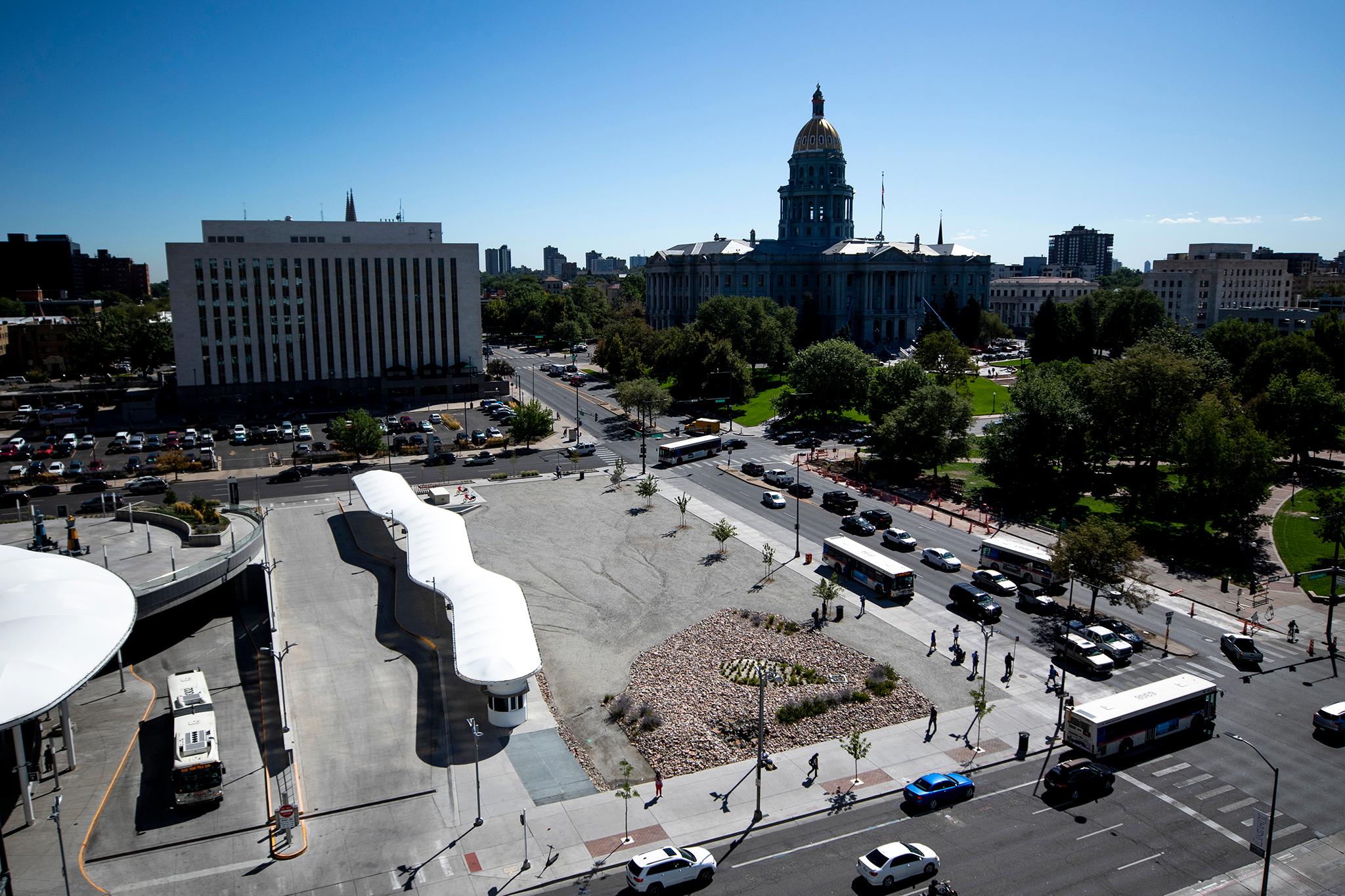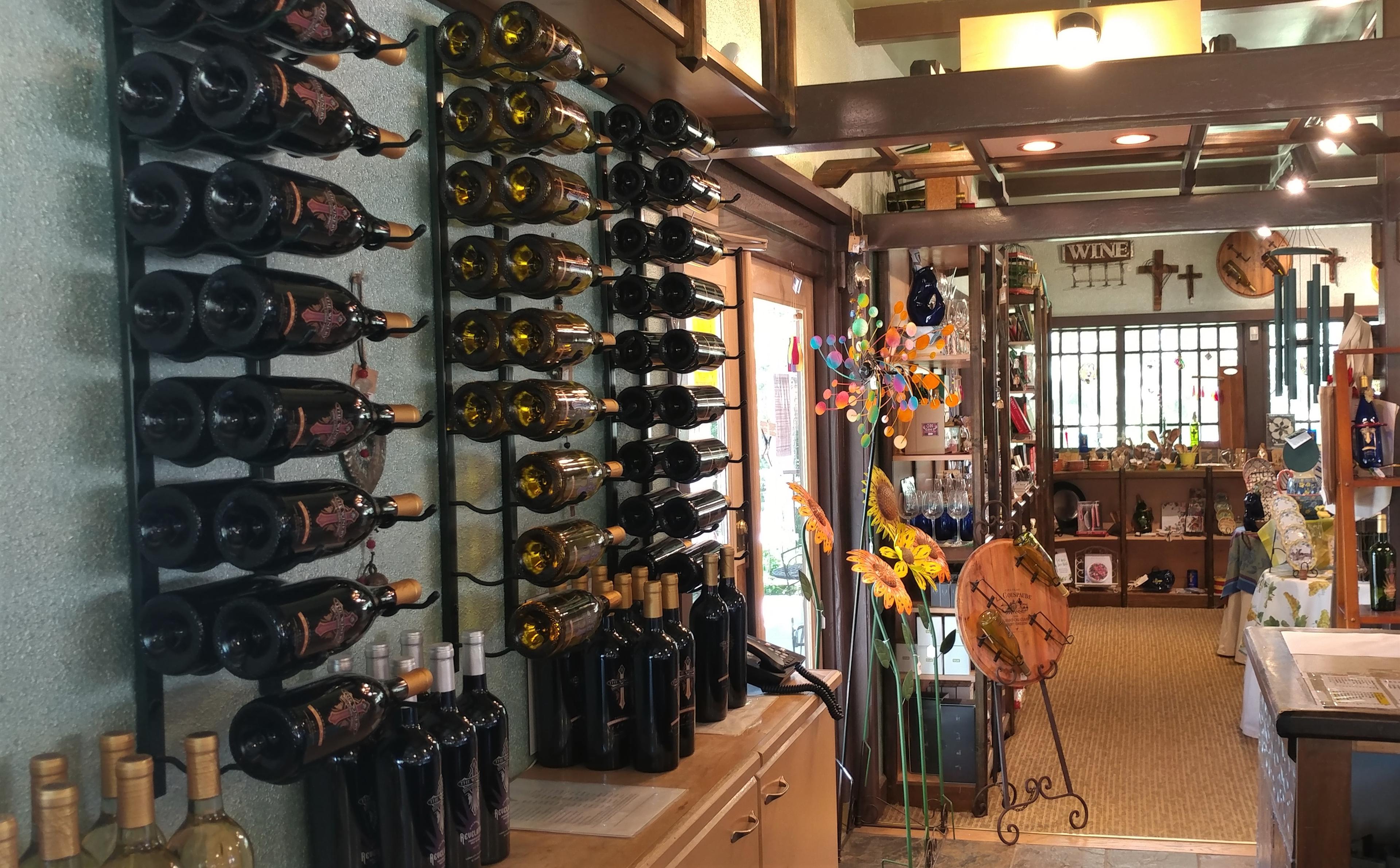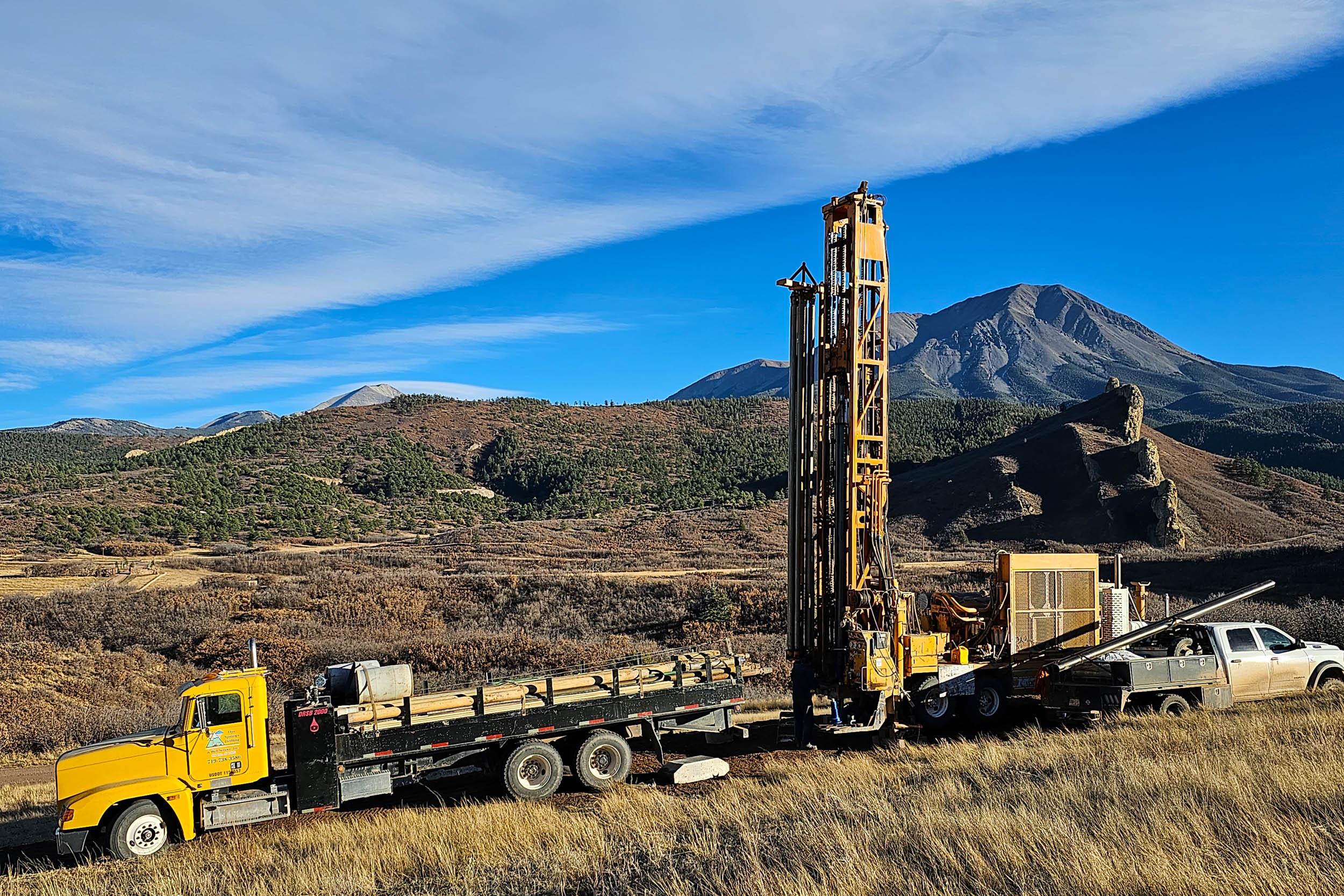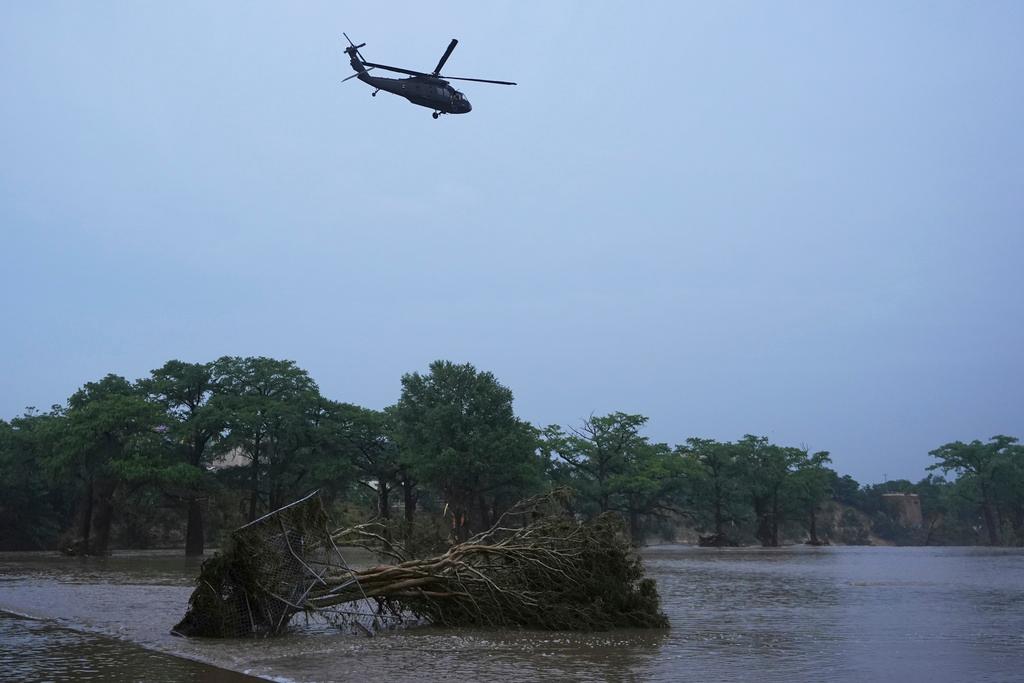
Denver will not be the site for a future National Medal of Honor Museum. It will instead go to Arlington, Texas, the other finalist. This was disappointing news for a number of Colorado stakeholders after a local effort to lure the museum to Civic Center Park.
Chris Hinds, the council member who represents downtown, said he’s “sad that we didn’t make the cut,” but he’s also happy that thousands of “American heroes are getting a museum of national caliber to celebrate their willingness to place their country above their own lives.”
“I think that we put forth a very strong proposal,” Hinds said. “I have seen this as an exercise in the way that we can work together as a city and state to make things happen… I think that the reason we came up short were things that were out of our control.”
Those things that they couldn’t control included the acreage the Texas city was able to offer to sweeten the deal. The two downtown Denver parcels of land, while attractive, were of limited size.
The CEO and president of the National Medal of Honor Museum Foundation, Joe Daniels, told the Denver Business Journal that, “As much as we appreciated the importance of the location in Denver — right by the Capitol building — it didn’t afford us that flexibility.”
The sting of Arlington’s capture of the project mixes with the brief political tempest that erupted over the targeted land downtown. The museum’s proposal called for an entrance park to be built on land controlled by the Regional Transportation District. RTD board members found themselves at the center of heated conversations after an initial no vote.
Public and political pressure brought about a second, and the board eventually decided to sublease the land to the foundation should Denver be chosen.
RTD board chair Doug Tisdale wished Arlington the best and understands that the museum “made a decision that it thought was in its best interest. But I truly believe Denver was, is and always will be a better selection.”
Board member Claudia Folska, who, in the end, reversed her vote after initially objecting to the proposed $1 a year deal or breaking even when the city and county of Denver said it might cover RTD’s annual lease, said: “it was an honor to be in the running.”
While the opportunity may be gone, this does open the door for other ways to put RTD’s land to use. Folska said they’ve hired a consultant to help the agency study “what the possibilities of our future will look like.”
“I'm excited to see what comes out of it and I'm sure we will get some great ideas of what to do with that area,” she said. “Honestly, it's intended to expand our transportation offerings as we continue to grow. What that looks like. I really don't know. It could be so many different things.”
In a statement to CPR News, Daniels thanked Gov. Jared Polis and Denver Mayor Michael Hancock for their embrace of the museum’s vision and their support. “It has been a true honor to get to know all the elected, business and civic leaders of this great community, and we hope to work together on future projects," he said.
Eric Hiraga, executive director of the Denver Economic Development & Opportunity, helped lead the city’s effort to land the museum. He said they hope to debrief with the museum’s foundation “to learn about what we could have done better” — a standard practice for the agency.
From a city perspective, Hiraga said “the overall theme of having a national museum complementing the Civic Center and all the other cultural facilities, museums and libraries around that [area] was a very attractive fit for us.”
The challenge, however, for many large cultural projects like these are “the expectations that come with them,” said Joanna Woronkowicz, assistant professor at the O'Neill School of Public and Environmental Affairs at Indiana University in Bloomington.
“The expectation for many of these... is that you're going to build something and because you build it, because it's so beautiful, because the city will be wowed, because people who come there will be wowed — you're going to make this huge return on your investment,” she said.
Woronkowicz has conducted extensive research into cultural infrastructure and a 2012 study she did at the University of Chicago found that more than half of cultural projects built between 1994 and 2008 reported revenue that “was much lower than what they had anticipated.” Many also reported greater expenses than expected and about 80 percent went over budget.
She said there are a number of good economic impact studies show that “it’s a very rare institution that's going to get somebody to get on a plane and fly to a city to go and see it.” Her finding apparently doesn’t take Gov. Jared Polis into account.
“I look forward to visiting the museum alongside millions of fellow Americans,” he said in a statement after the Arlington announcement. “Colorado should be proud of the work that went into this proposal to honor and celebrate our nation’s heroes and I thank everyone involved for their efforts.”









